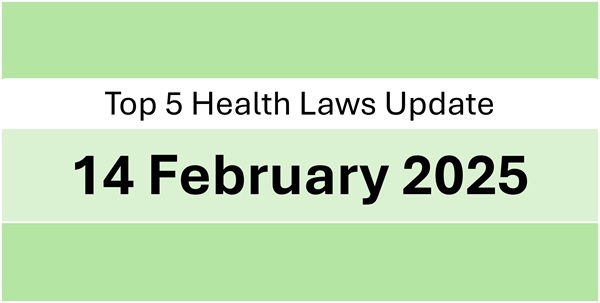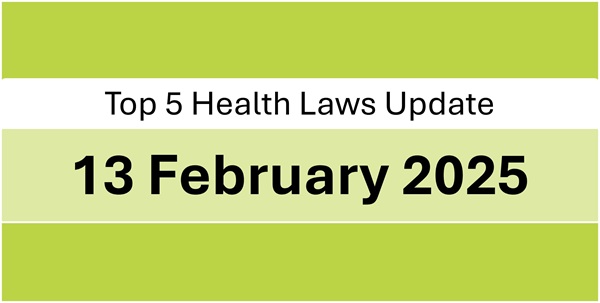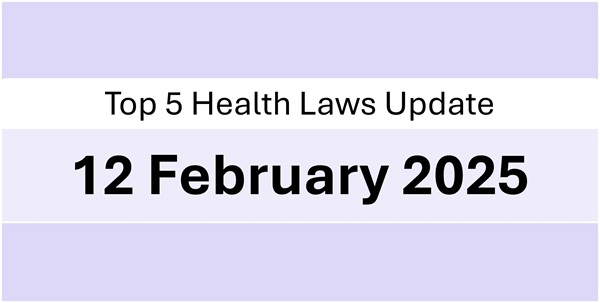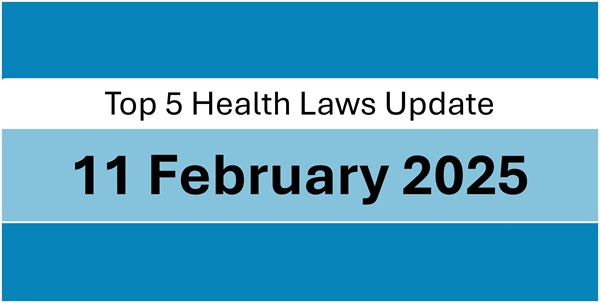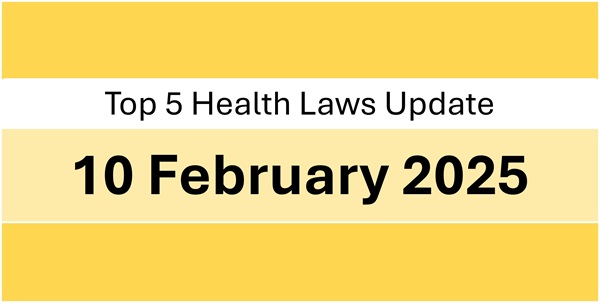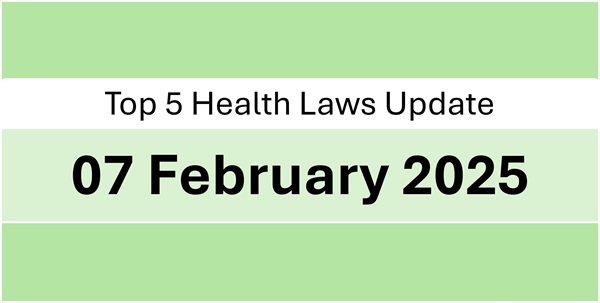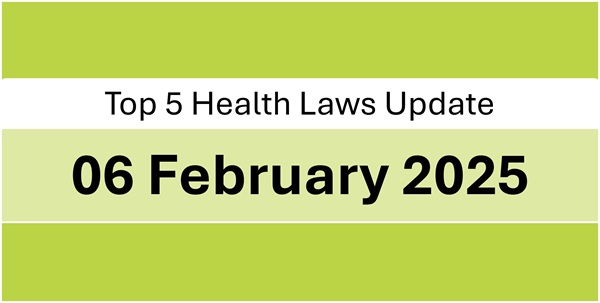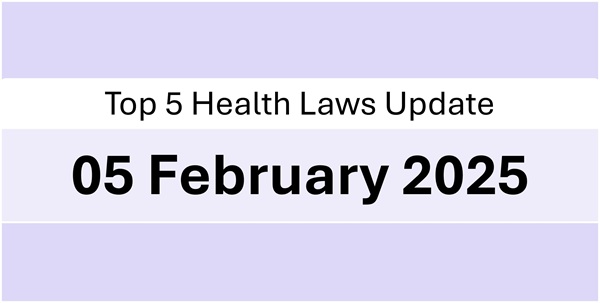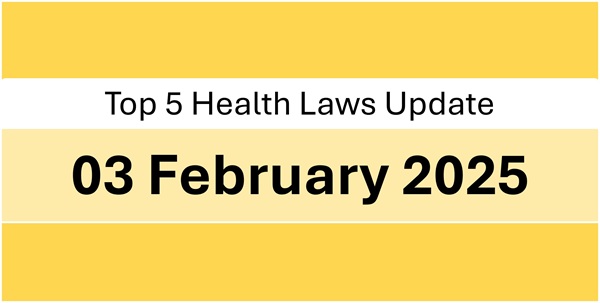Dear Readers, we are happy to share the most interesting legal and policy updates concerning health industry that we read today. we hope you enjoy reading it.
1. India’s Central Drug Regulator has notified that the application process for issuance of permission for import of additional variant of approved cosmetics into the country, will henceforth be conducted through additional module which will be activated on the SUGAM portal from the 22nd February 2025.
Source: bit.ly/3CQu6m2
2. The National Chemists’ Association has sought a meeting with India’s drug price regulator the National Pharmaceutical Pricing Authority (NPPA) to highlight concerns that the obligation on chemists to publicly display the prices of all drugs being sold, may be a very heavy burden for the industry.
Source: bit.ly/3QfYFor
3. The Pune Municipal Corporation (PMC) has issued show-cause notices to 97 private nursing homes and hospitals for violations of the Bombay Nursing Home Registration Act and Maharashtra Nursing Home Registration Rules. Key breaches include non-compliance with fire safety regulations, lack of patient complaint mechanisms, inadequate staffing, and failure to meet other legal standards like displaying contact information and maintaining proper treatment tariffs.
Source: bit.ly/41bya9P
4. In a recently published guideline, the United States Food and Drug Administration has expanded the applicability of Predetermined Change Control Plans (PCCPs) scheme, now requiring manufacturers to notify any post-market changes made to devices, which operate using Artificial Intelligence and not just those devices that use Machine Learning.
Source: bit.ly/4aZ3D2i
5. A Federal Court in the United States has recently dismissed the petition of a prominent drug manufacturer claiming “unfair business practices” by a pharmacy selling compounded versions of a patented drug, on the ground that the pharmacy has ceased to market and sell the compounded version of the drug.
Source: bit.ly/4aYtVSa

